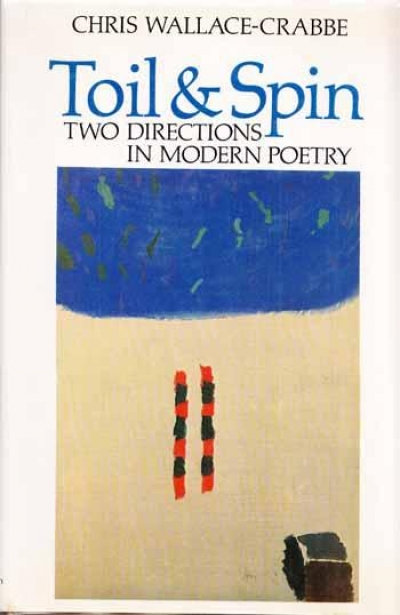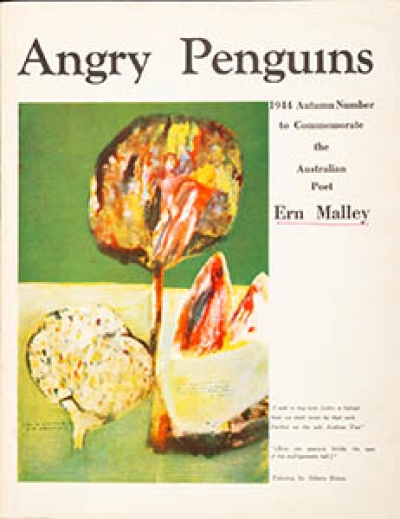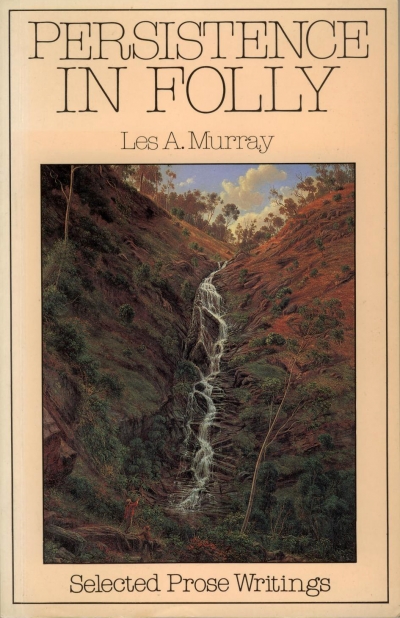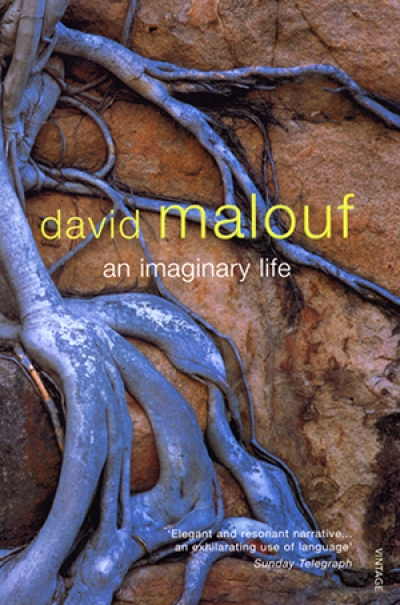John McLaren
John McLaren was founding editor of the second series of ABR (1978–1986).
The most imaginative, although in all probability the least politically effective, of the campaign badges produced for the current Australian elections is the ALP Badge, ‘the light on the hill’. The badge, a simple cloisonne in blue and red with gold wire, symbolises the hopes of that great Australian, J.B. Chifley. It is accompanied by a card with his words:
We do say that it is the duty a ... (read more)
In a world which has lost its faith and its standards, the situation of the creative artist is both central and precarious. As WallaceCrabbe sees it, he must stand inside and outside society at once, be both totally involved with himself and totally responsive to his society. While doing this, he must create not only his own audience but even his own language.
In this series of essays, Walla ... (read more)
The federal government’s proposal for a multicultural television network has sparked off once more a row about the nature of the Australian national identity.
The opponents of the network seem to fear that it will cause all kinds of divisions in our community by emphasising the different places and cultures to which we owe our origins. They would like to restore the myth of a single nation, bou ... (read more)
While the art of the ghost writer has a long and honourable history, the court case concerning the extent of Graham Yallop’s responsibility for the book on the recent test series raises a number of general issues apart from the outcome of this particular dispute. At its best, the practice of ghost writing enables the general public to share the experiences of people who have had interesting live ... (read more)
Although the policy of the Australian Book Review is to review only Australian books, every now and then a publisher sends us a book which is so important or so relevant to issues of current concern that it cannot be ignored. Recent debate in Australian newspapers makes The Holocaust in Historical Perspective, by Yehuda Bauer (published in Australia by ANU Press), such a book.
The book consists o ... (read more)
In his introduction to The New Australian Poetry, reviewed elsewhere in this issue by Thomas Shapcott, John Tranter declares that this poetry has no allegiance except to itself. Some characteristics of works regarded as modernist are: ‘self-signature’ – the work validates its own technical innovations – and self-reference, where the ‘method’ is reflected consciously in the ‘medium’ ... (read more)
The first edition of the Australian Encyclopedia was published by Angus & Robertson in two volumes in 1925, under the general editorship of Captain Arthur Jose. The second edition, completely revised and rewritten, was published in 1958 and ran to ten volumes, including an index. The editorial team was headed by Alec Chisholm. This edition was later sold to the Grolier Society, which has now p ... (read more)
The heat of recent controversy in Australia about the meaning and value of multiculturalism in education, in history and in society at large is an indication of the tenacity with which a dominant culture, in this case that of British Australia, clings to its privileges.
However, to the extent that these cultures come to recognise the differences and tensions existing within the dominant culture i ... (read more)
The title of David Malouf’s novel, An Imaginary Life, must be read three ways. Most obviously, the novel is an imaginative recreation of the last years of the life of the Roman poet, Publius Ovidius Naso (Ovid), who was exiled to a village on the Black Sea by the Emperor Augustus in the last century BCE. The life is imaginary because it imagines – most successfully – the circumstances of thi ... (read more)




